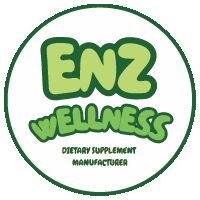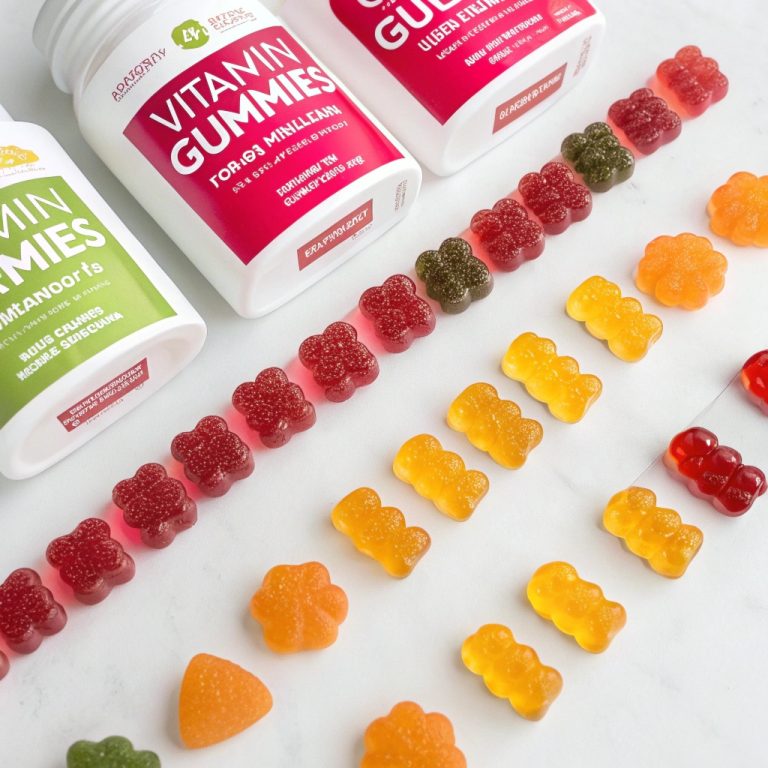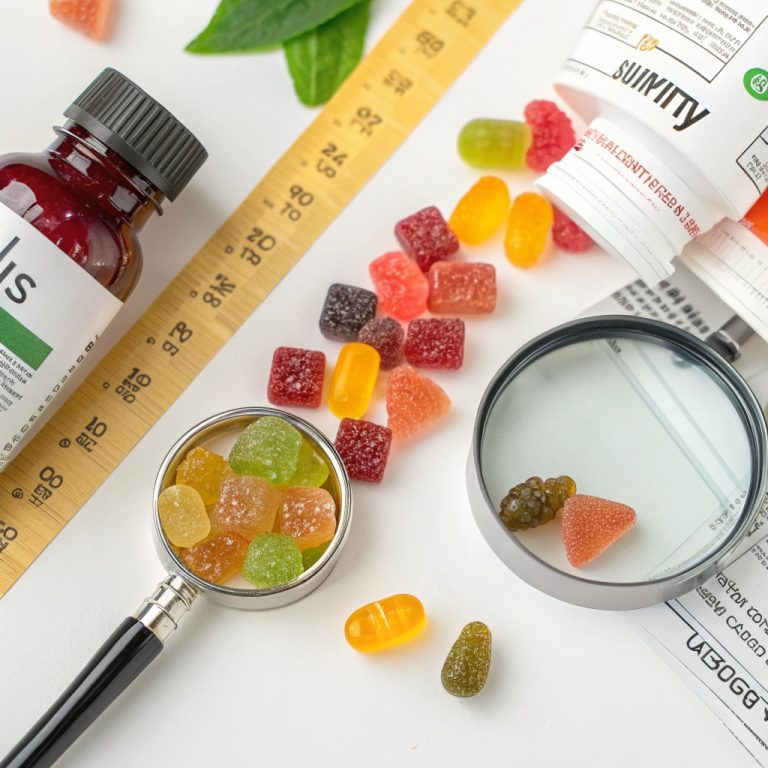Many sellers rush into homemade vitamin gummies without understanding regulations. Ignoring legal requirements risks product seizures and fines. Learning proper licensing ensures safe, compliant, successful supplement sales.
Yes, you generally need licenses and compliance approvals to sell homemade vitamin gummies. Requirements vary by country but usually include facility registration, labeling compliance, product safety documentation, and adherence to dietary supplement regulations. Selling without proper approvals risks legal penalties, product recalls, or business shutdowns.
Understanding the rules helps you build a legally compliant, trustworthy gummy supplement business from day one.
What Licenses Do You Need to Sell Homemade Vitamin Gummies?
Selling vitamin gummies—homemade or commercial—falls under dietary supplement regulations in most countries. Supplements directly affect consumer health, so governments require proper documentation to ensure safety, accuracy, and product quality.
In the United States, the FDA regulates supplements under DSHEA (Dietary Supplement Health and Education Act). You generally do not need a special license just to sell supplements, but you must comply with manufacturing, labeling, and facility requirements:
-
GMP-compliant manufacturing: Vitamin gummies must be produced in a facility that meets FDA Good Manufacturing Practices. Homemade kitchens do not qualify.
-
Facility registration: If you produce the gummies yourself, the manufacturing facility must be FDA-registered.
-
Accurate labeling: Labels must include Supplement Facts, ingredient list, allergens, warnings, and manufacturer details.
-
Adverse event reporting: Sellers must report serious reactions.
-
No unapproved medical claims: Claims like “cures disease” or “treats conditions” are prohibited.
In the UK, businesses must follow Food Standards Agency (FSA) guidance, ensuring supplement safety and proper notification depending on ingredients. EU compliance may require Novel Food approval depending on the formula.
In Canada, natural health products require NPN approval before sales.
In Australia, many supplements require TGA listing before they can be marketed.
Even small sellers must follow strict rules because vitamin gummies affect consumer health. Homemade gummies typically cannot be legally sold unless produced in an approved commercial kitchen or contract facility. Many sellers choose private label manufacturers to ensure legal compliance with minimal risk.
Why Homemade Gummy Businesses Still Need GMP-Compliant Production
Although you may start with homemade recipes, regulators require that all supplements—gummies included—be produced in controlled, sanitary, quality-monitored environments. Homemade kitchens lack:
-
Ingredient traceability
-
Microbial controls
-
Standardized dosing
-
Allergen systems
-
Batch testing
-
Sanitation records
Gummies must have consistent potency, which is impossible to guarantee in a home setting. This is why most successful sellers rely on professional supplement manufacturers to avoid compliance issues and build scalable brands.
Even if your formulation is simple, legally it must be produced in a compliant facility with documented safety and testing.
What Happens If You Sell Homemade Gummies Without a License?
The consequences can be serious, including:
-
FDA or local authority investigations
-
Forced product recalls
-
Heavy fines for mislabeling or misbranding
-
Website or marketplace store shutdown
-
Legal liability for consumer harm
Online marketplaces like Amazon, Walmart Marketplace, and Alibaba also require supplement sellers to provide third-party lab reports, certificates of analysis, GMP documentation, and approved labels. Homemade gummies cannot meet these requirements.
How to Sell Vitamin Gummies Legally and Safely
If you want to sell vitamin gummies while staying compliant, follow these steps:
1. Move Production to a Registered Facility
Use a GMP-certified manufacturer that can produce your formula, ensuring ingredient accuracy and safety.
2. Create Legally Compliant Labels
Include all required elements:
-
Supplement Facts panel
-
Active and inactive ingredients
-
Allergen statements
-
Daily values
-
Suggested use
-
Warnings
-
Manufacturer or distributor address
-
Lot number and expiration date
3. Conduct Required Testing
This includes:
-
Microbial testing
-
Heavy metal testing
-
Stability testing
-
Potency verification
4. Maintain Documentation
Keep:
-
Batch records
-
Certificates of Analysis
-
Supplier documentation
-
Adverse event logs
5. Avoid Illegal Claims
Stick to structure/function claims such as:
-
“Supports immunity”
-
“Helps maintain energy”
-
“Promotes healthy sleep”
Avoid disease claims like:
-
“Treats flu”
-
“Cures insomnia”
-
“Eliminates anxiety”
Following these steps ensures your gummy brand remains legal, credible, and market-ready.
Why Choose EnzGummy? (Referencing https://enzgummy.com)
EnzGummy provides complete private-label gummy solutions designed for brands that want fast, compliant, high-quality supplement production. Their manufacturing facilities follow strict GMP standards, ensuring every gummy has accurate dosage, clean ingredients, and excellent flavor. They offer customizable formulations, low MOQ options, professional packaging design, and third-party testing. By partnering with EnzGummy, you avoid regulatory risks and launch your vitamin gummy brand with confidence using a trusted, globally recognized manufacturer.
Summary
Selling vitamin gummies requires compliance, proper manufacturing, and safe procedures. Work with certified facilities to avoid risks and grow successfully.




